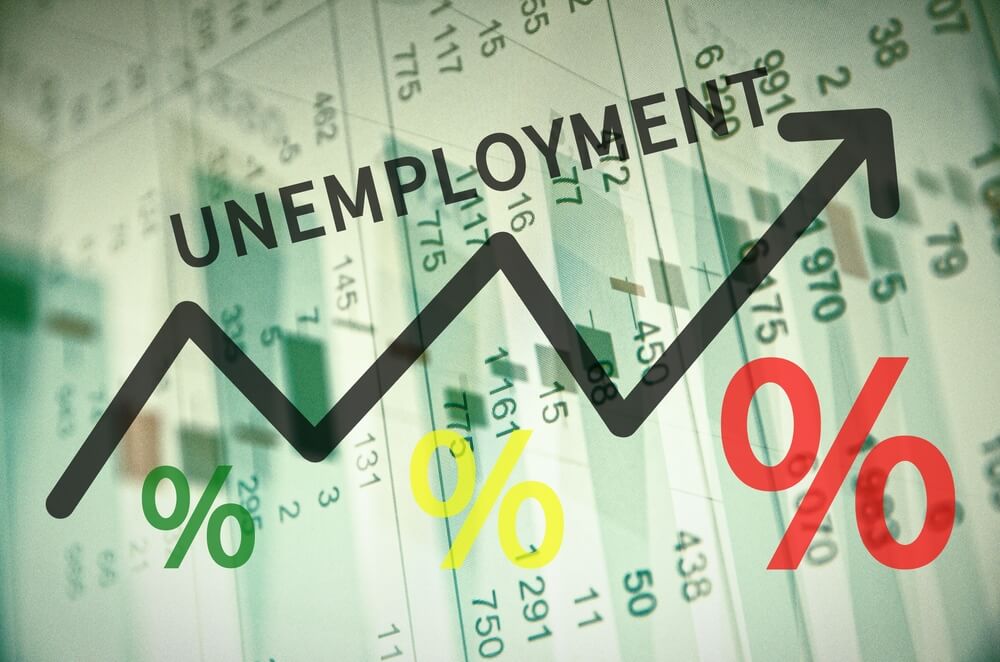Businesses large and small across the U.S. have been rocked by the effects of the coronavirus pandemic, and that probably has executives and employees alike wondering what the new $2.2 trillion CARES Act does for businesses.
The U.S. House of Representatives passed a massive stimulus package Friday that was then signed by President Donald Trump, and the Coronavirus Aid, Relief and Economic Security Act, or CARES Act, includes many provisions for businesses and individuals alike.
The CARES Act includes direct payments of up to $1,200 to individuals, costing around $290 billion, according to Reuters. There are also changes that should benefit retirees and anyone controlling a retirement savings account among other provisions that will aid individuals who have been negatively affected by the economic impact of the COVID-19 outbreak.
But how does the CARES Act help businesses that are struggling to keep their doors open and employees from being laid off?
What the CARES Act Does for Businesses
Small Businesses
One way the CARES Act helps small businesses of 500 or fewer is through a $377 billion provision that aims to prevent layoffs and keep businesses running during these uncertain economic times.
Some small businesses may be eligible for a collateral-free loan of up to $10 million to cover payroll, rent and utilities for up to two months. The Small Business Association loan could be forgiven if employees stay on the payroll through June. This part of the stimulus amounts to $350 billion, which is most of the allocation for small businesses.
Another $10 billion has been set aside to create grants of up to $10,000 for businesses needing emergency funding to cover immediate costs of operation.
The last $17 billion will help those businesses already using SBA loans by covering six months of payments. So that, in a nutshell, is how the CARES Act helps small businesses.
Big Businesses
So how does the CARES Act help big businesses?
Larger corporations will get more support ($500 billion) from the government through loans and other means, but that comes with more oversight in how the funds are used.
Airlines have been obliterated by the coronavirus as flight restrictions — and of course fear — keep people from using air travel. The government has allocated around $58 billion to help pay employee wages, salaries and benefits.
The bill also sets up a fund to support a new Federal Reserve program that offers up to $4.5 trillion in loans to businesses, states and cities that can’t get financing through other means.
Companies tapping the fund would not be able to engage in stock buybacks and would have to retain at least 90% of their employees through the end of September. They would not be able to boost executive pay by more than $425,000 annually, and those earning more than $3 million a year could see their salaries cut.
The fund would be overseen by an inspector general and a congressional oversight board. The Treasury secretary would have to disclose transactions.
Businesses owned by Trump, other administration officials or Congress members, or their family members, would not be eligible for assistance. So that’s what the CARES Act does for big businesses.
Unemployment Aid
 It’s obvious the coronavirus has impacted businesses, and that usually results in lay offs. Last week’s jobless claims spiked to a record-high 3.3 million people, crushing the previous 1982 high of 665,000.
It’s obvious the coronavirus has impacted businesses, and that usually results in lay offs. Last week’s jobless claims spiked to a record-high 3.3 million people, crushing the previous 1982 high of 665,000.
What’s worse is the St. Louis Federal Reserve is projecting unemployment to soar past 32%, with 47 million Americans losing their jobs. The Fed did say however it would be a short-lived spike.
Senate Minority Leader Chuck Schumer, D-N.Y., called the CARES Act’s $250 billion unemployment provision, “unemployment on steroids,” according to Axios. More people will now be eligible for aid, and they can receive $600 per week extra for four months.
Regular benefits, which typically run out after six months in most states, would be extended for an additional 13 weeks.
Self-employed workers, independent contractors and those who typically don’t qualify for unemployment benefits are eligible. The government would also partially make up wages for workers whose hours are scaled back in an effort to encourage employers to avoid layoffs.
The CARES Act aims to keep businesses afloat, but it will be interesting to see if this is enough going forward, particularly after Trump extended social distancing guidelines through the end of April.
Reuters contributed to this report.




